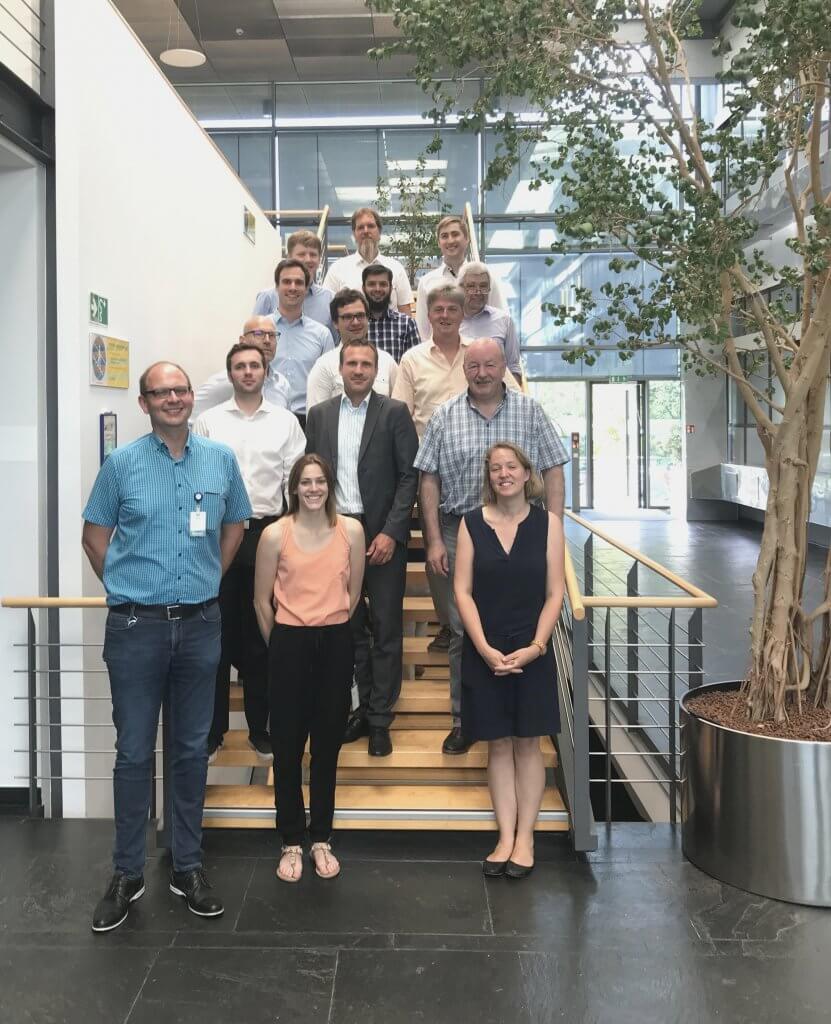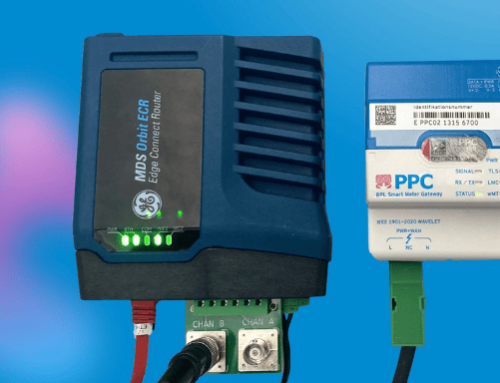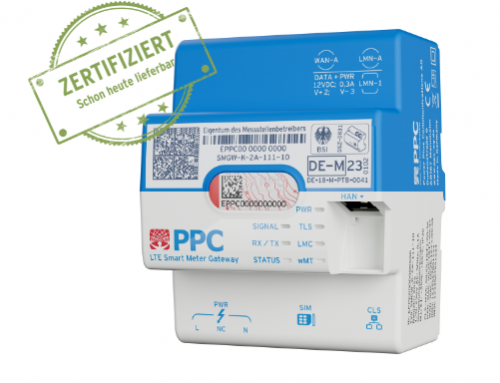“Sensors in the Grid” (Fühler im Netz or FiN) a government funded research project has entered its second phase. Based on the finding of the first “Fühler im Netz”, FiN 2.0 will verify large-scale solutions to monitoring grid conditions by means of Big Data and artificial intelligence. The project kick-off took place on 25.06.2019 at the offices of Power Plus Communications (PPC) in Mannheim, Germany.
The initial research project “Fühler im Netz”, which concluded successfully after a duration of three years, managed to address key challenges of grid monitoring and demonstrate the first applicable solutions.
The three key challenges of grid management are the systemic expansion of grid monitoring, status assessment of grid management tools and the establishment of an efficient communications infrastructure.
With the FiN approach, synergies can be leveraged to solve these complex issues with costeffective methods that enable real-time grid monitoring in addition to assessment of the condition of cables and facilities.
Thanks to funding from the Federal Ministry of Education and Research (BMBF), “Fühler im Netz 2.0” can harness the acquired insights and focus on the expansion of facility and grid status monitoring resources.
Optimisation potentials that emerge from the collection and automated analysis of mass data on a large scale shall also be used. Accordingly, insight into voltage faults and “fingerprints” in the Broadband Powerline (BPL) spectrum will be consolidated, and Big Data analysis as well as Artificial Intelligence (AI) methods will be applied. Within the scope of this project, more than 3,500 BPL sensor modems will be installed in the distribution networks of Netze BW, Mainzer Netze and Energieversorgung Leverkusen (EVL). These will gather high temporal resolution data about the local grid status (especially the voltage) and the status of cables and facilities. Thus, a mass of data accumulates immediately, which can be examined for patterns and abnormalities with the assistance of mass data processing methods and AI algorithms. In this way, voltage spikes can be forecasted and asymmetry between the phases can be investigated. In the future these insights will be especially relevant to the integration of e-mobility in the distribution grids.
Ingo Schönberg, CEO of PPC, is looking forward to the project: “With Fühler im Netz, we are making an important contribution to the secure and efficient management of German electricity distribution grids, that are put under strain by the energy transition and sector coupling.” Fabian Karl, Project Manager at PPC, adds: “The large-scale field tests in our project partners’ networks will bring revelatory insights into the mainstream, concerning application of developed methods for grid monitoring. By using Broadband Powerline technology with integrated measurement sensors, we could be generating an abundance of value that is beneficial to the networks.“
The project is led by PPC and the consortium members are Netze BW, Mainzer Netze and Energieversorgung Leverkusen (EVL) from the energy grid sector, German Research Centre for Artificial Intelligence and Bergische Universität Wuppertal from the scientific domain, and additionally Software AG as the expert on Big Data analysis. The project is granted a funding of approximately 2,5 million Euros by BMBF.










